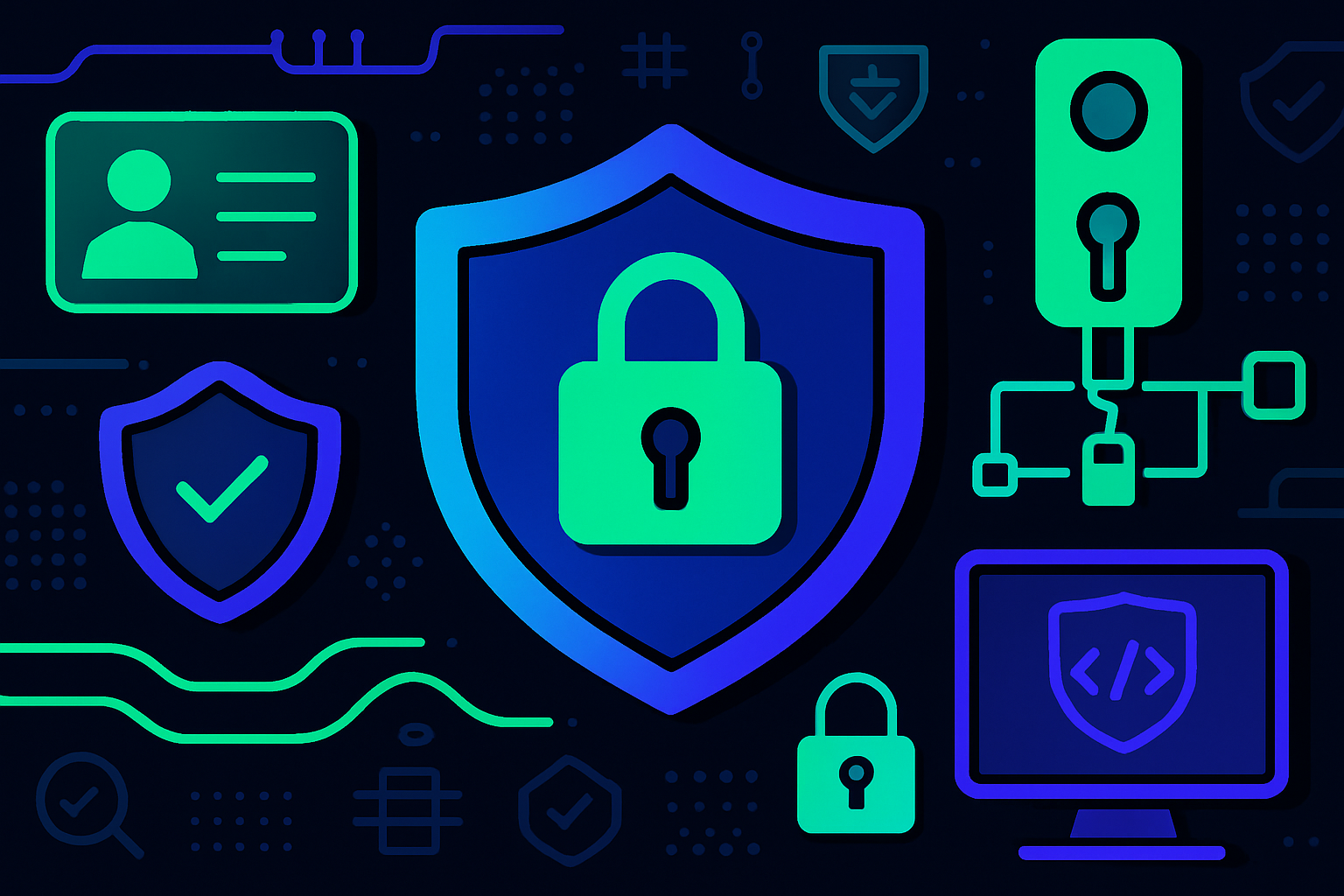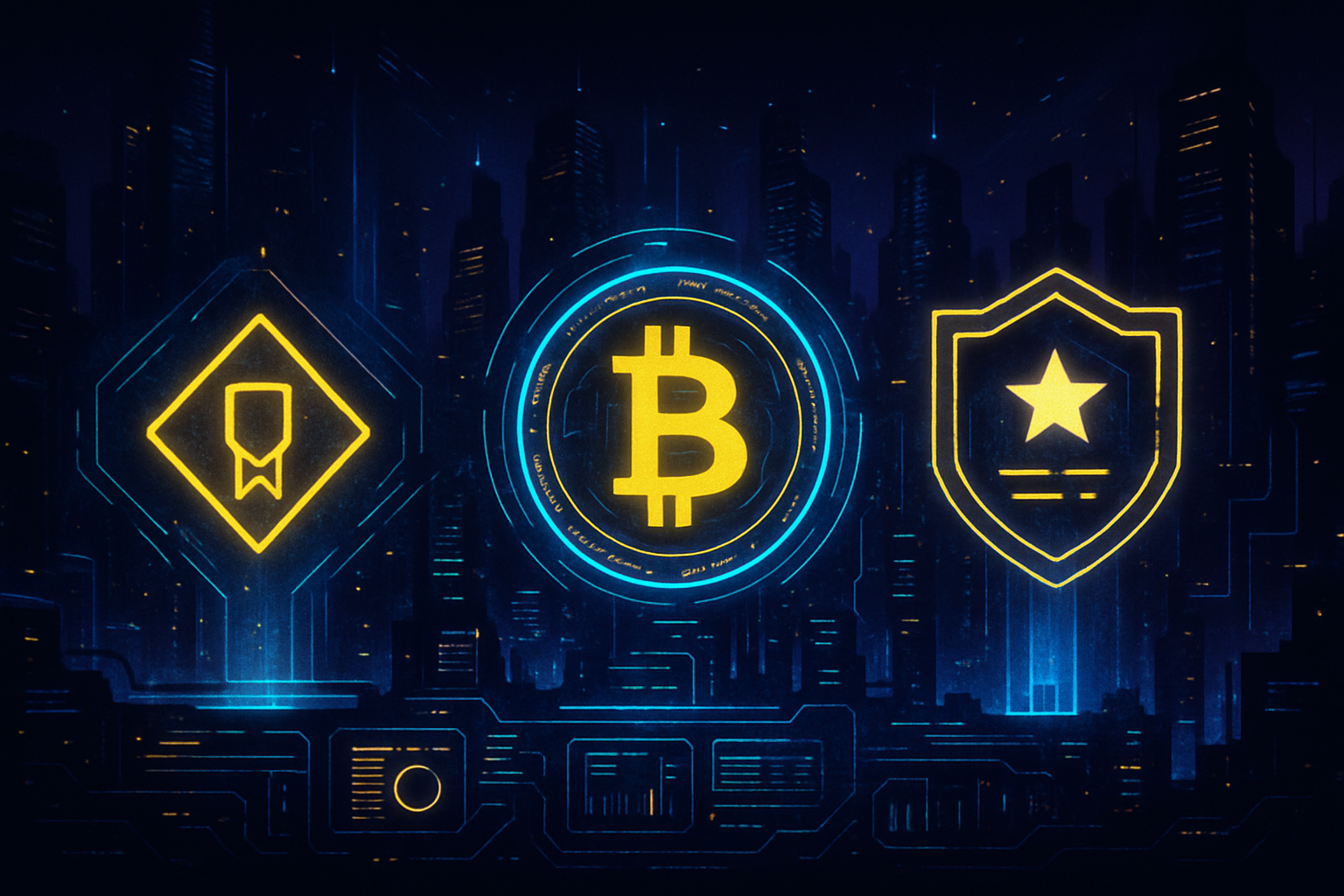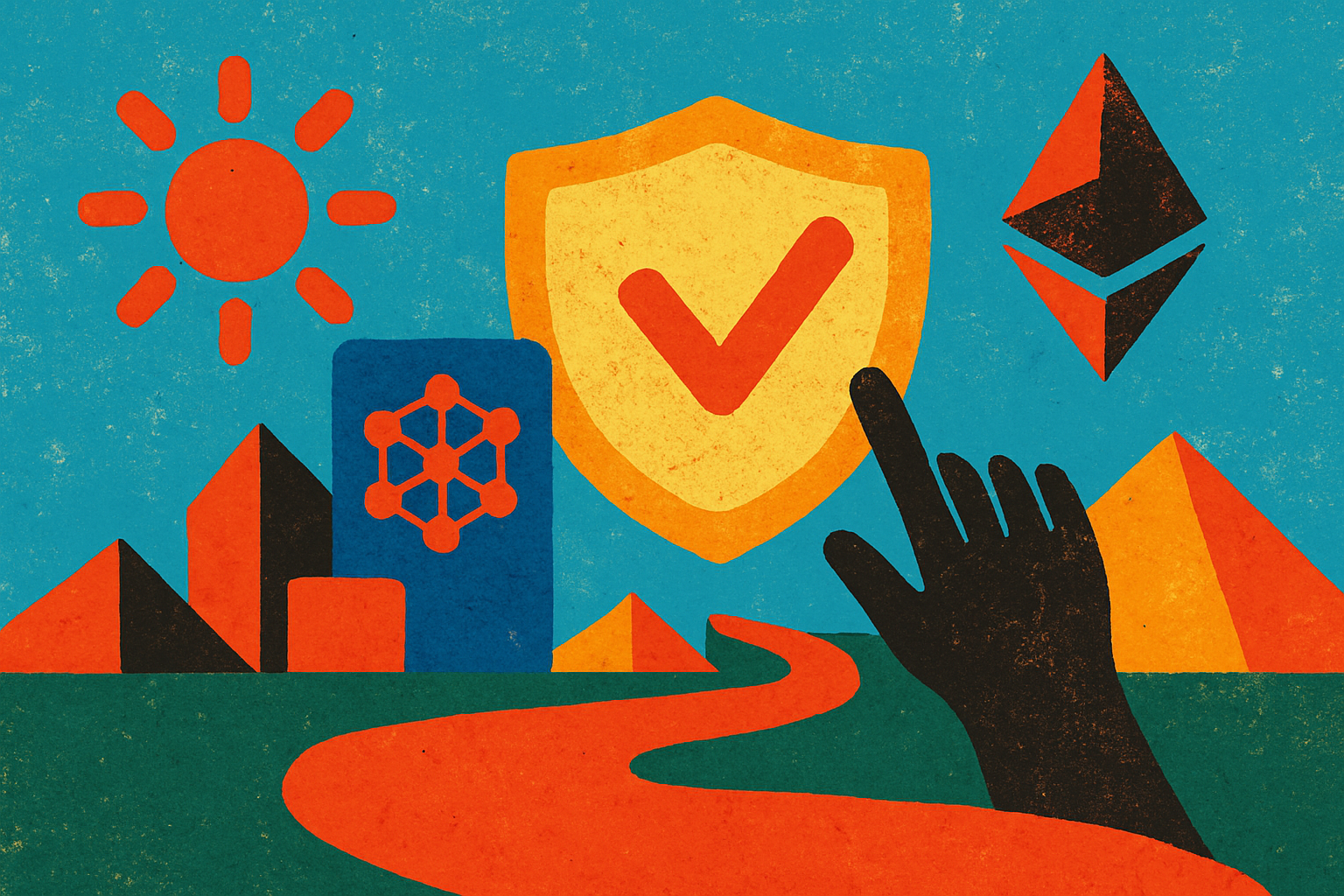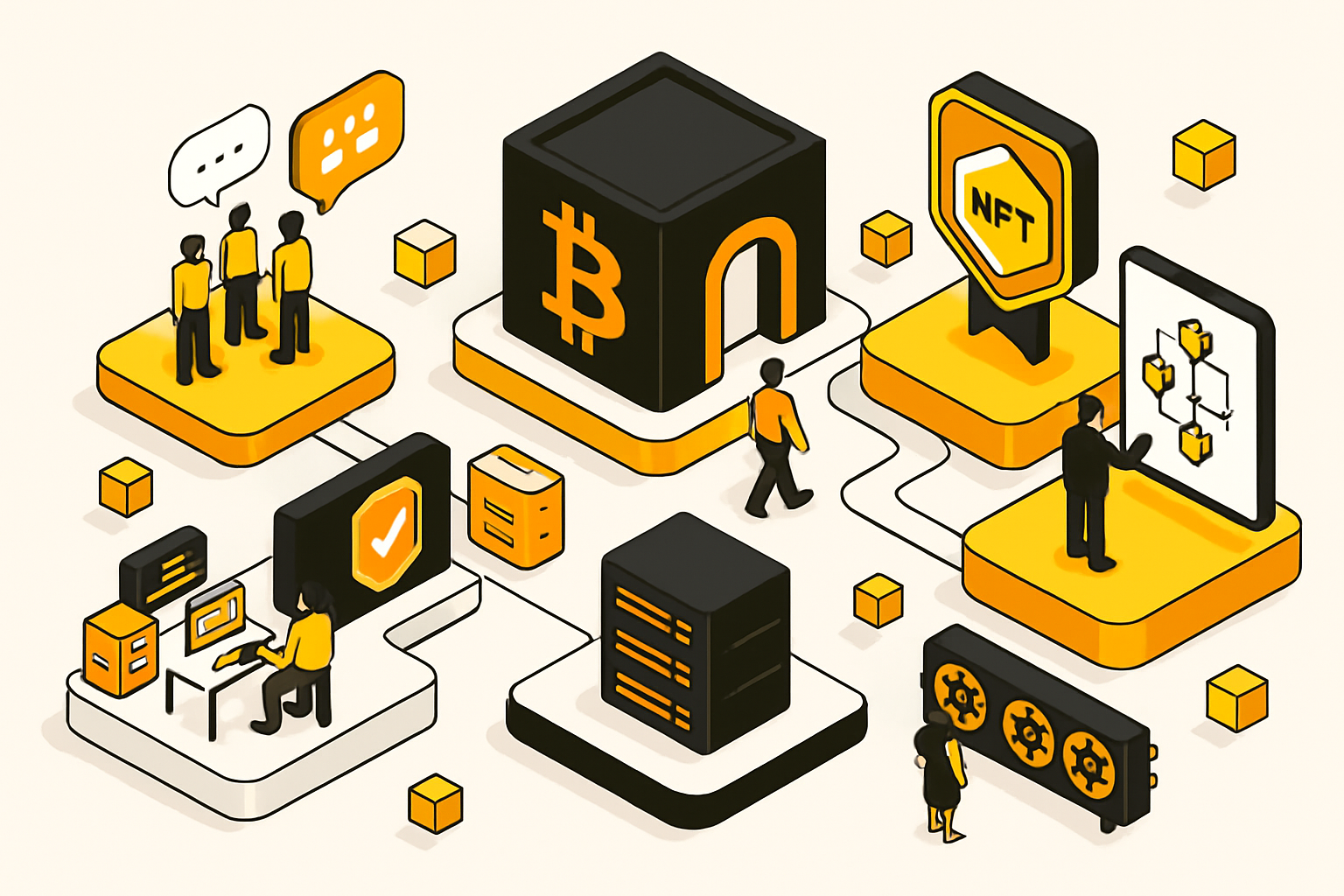
Decentralized Autonomous Organizations (DAOs) have long promised a more equitable and transparent approach to governance. Yet, the earliest models often relied on simple token-based voting, where influence was proportional to wallet size rather than meaningful contribution. In 2025, a new paradigm is emerging: Social Engagement NFTs. These unique, non-transferable tokens are redefining how DAOs assign voting power and recognize participation, shifting the focus from capital to community.
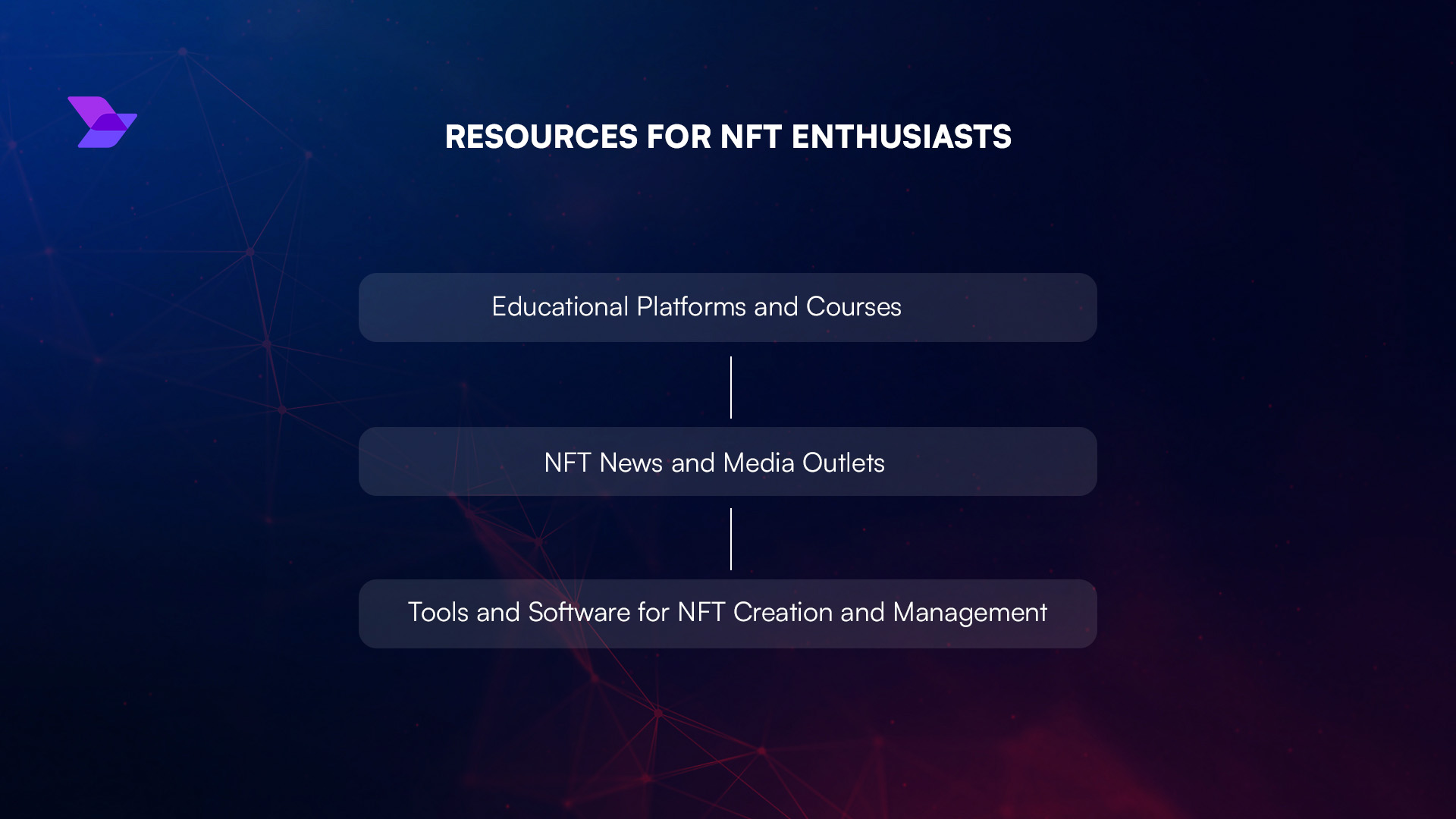
From Token Holdings to Proof-of-Engagement
The traditional DAO governance model has been dominated by fungible tokens. The logic was straightforward: own more tokens, wield more influence. While this system is transparent and easy to audit, it can also be gamed by whales or passive holders who may not actively participate in the DAO’s mission. Enter governance NFT badges, which serve as verifiable credentials tied directly to a member’s activity and achievements within the organization.
Unlike standard governance tokens, Social Engagement NFTs are:
- Non-transferable: They cannot be sold or transferred, ensuring that voting rights remain with those who earned them.
- Tied to identity: Each NFT acts as a unique digital ID for its holder, preventing Sybil attacks and duplicate accounts.
- Dynamically updated: Metadata can reflect evolving contributions, attending meetings, completing tasks, or leading initiatives, making voting power truly meritocratic.
This shift is already visible in DAOs like Colony and Bankless DAO, where reputation-based systems reward active participants with increased governance weight. As described by Governance NFT Badges, these credentials foster transparency while incentivizing sustained engagement.
The Mechanics of Social Engagement Voting
So how do these NFTs actually work in practice? Let’s break down the core elements:
- Unique Member Identification: Each NFT links directly to a verified wallet address. This ensures every vote is traceable and eliminates double-counting, crucial for maintaining trust in decentralized systems.
- Proof-of-Participation: Members earn badges not just for holding tokens but for real contributions, project completions, event attendance, or even moderating discussions. This creates an on-chain record of engagement that’s impossible to fake.
- Customizable Voting Power: The metadata within each NFT can encode different weights based on role or achievement. For example, a project lead might have greater influence than a casual participant during specific votes.
This approach unlocks new possibilities for decentralized community voting. It enables DAOs to tailor decision-making processes around actual value creation rather than mere financial stake, a major leap forward for both fairness and effectiveness.
The Real-World Impact: Case Studies from Leading DAOs
The adoption of Social Engagement NFTs isn’t just theoretical, it’s happening right now across some of the most influential DAOs in Web3:
- Colony: Implements a dynamic reputation system where members earn points through collaboration and task completion. Reputation directly impacts their voting weight on proposals and treasury decisions.
- Bankless DAO: Distributes “Bankless Badge” NFTs as proof of event participation and project support. These badges foster an inclusive culture where active contributors shape the community’s direction.
- RootstockCollective: Issues evolving NFT badges that represent changing roles within the organization, unlocking BTC-based rewards alongside enhanced voting rights.
This movement is supported by platforms like Governance NFT Badges, which streamline badge issuance and verification while ensuring all activities are transparently recorded on-chain. For further exploration into how these systems boost member participation and transparency in DAOs, see our detailed guide at How DAOs Use NFT Badges to Boost Member Participation and Voting Transparency.
As the DAO landscape matures, Social Engagement NFTs are fostering a profound cultural shift: participation now directly translates to influence. This approach not only democratizes governance but also aligns incentives, ensuring that those who drive a DAO’s mission have the greatest say in its future. The days of passive token holding dictating collective outcomes are being replaced by dynamic, merit-based governance where every contribution matters.
Key Benefits and Challenges of Social Engagement Voting
The benefits of this model extend well beyond fairer voting. By leveraging onchain governance credentials, DAOs can:
- Increase Accountability: Every action, from voting to badge issuance, is immutably recorded on-chain. This transparency deters manipulation and builds community trust.
- Encourage Long-Term Commitment: Members are incentivized to stay active, as their influence grows with ongoing contributions rather than one-time investments.
- Enhance Diversity: By lowering barriers for non-capital participants (like developers, moderators, or educators), DAOs can harness a wider range of talent and perspectives.
However, implementing reputation-based DAO voting via NFTs isn’t without challenges. Designing fair algorithms to quantify engagement, preventing badge farming or spammy participation, and maintaining privacy while verifying identity all require careful calibration. As projects like Colony and Bankless DAO demonstrate, iterative experimentation and community feedback are key to refining these systems.
The Future: Identity-Based Governance at Scale
The next frontier is interoperability. As more DAOs adopt identity-based governance NFTs, members could carry their reputational badges across platforms, enabling portable trust and seamless participation in multiple communities. Imagine earning a governance NFT for moderating discussions in one DAO and having it recognized as proof of expertise in another. This cross-DAO credentialing opens the door to a truly decentralized professional reputation system.
Learn more about how NFT-based badges are transforming voting rights across DAOs here.
Looking ahead, expect increased integration with mainstream social platforms and even real-world organizations. Starbucks has already experimented with digital collectibles as loyalty rewards; similar mechanics could underpin hybrid onchain-offchain voting for everything from local co-ops to global advocacy groups.
Getting Started: Best Practices for DAOs
- Pilot Badge Programs: Start small by issuing badges for specific tasks or events and gradually tie them to governance decisions as trust builds.
- Transparent Criteria: Clearly define what actions earn which badges, and how they translate into voting power, to prevent ambiguity or disputes.
- Evolve With Feedback: Regularly review badge logic based on member feedback and adapt criteria as your community grows and diversifies.
If you’re interested in deploying your own system or want inspiration from live examples, check out our resource hub: How to Mint and Use DAO Governance NFT Badges for Decentralized Voting.
The bottom line? Social Engagement NFTs are rapidly becoming the backbone of modern decentralized community voting, rewarding genuine involvement while safeguarding against manipulation. As the technology matures, expect ever more creative experiments at the intersection of Web3 identity, reputation, and collective decision-making. Those who embrace these innovations will help shape a new era where voice is earned through action, not just assets held.


